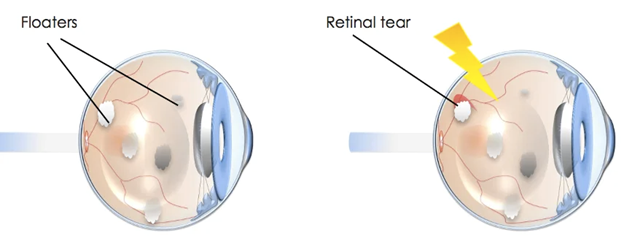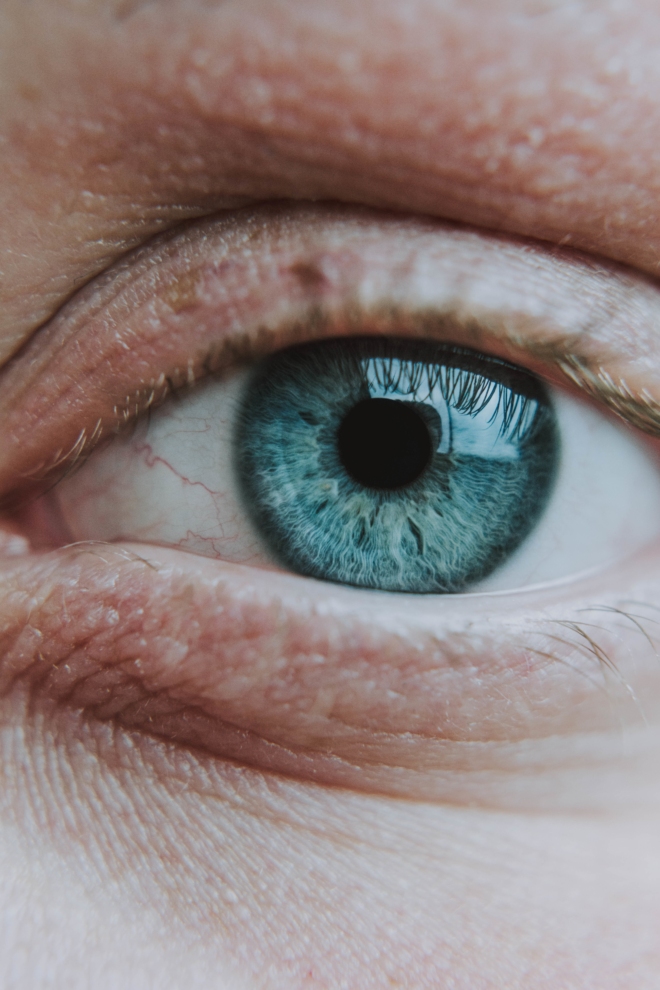Eye Floaters & Flashes Treatment
Eye floaters and flashes are diagnosed during the diagnostic retinal screening. If your eye floaters significantly affect your vision or quality of life, you might undergo the following
treatments:
Laser
Retinal laser of a small retinal hole or retinal tear helps seal the retina and prevent retinal detacghement. All four Consultant retinal Ophthalmologists carry out this treatment; Ms Evgenia Anikina, Ms Stacey Strong, Mr Julian Robins and Professor Michel Michaelides.
Vitreolysis
Vitreolysis is a specific non-invasive laser procedure directly to the vitreous floaters that works by breaking down the larger floater particles into smaller ones, which are less noticeable. Although the procedure does not eliminate floaters, it can significantly reduce their size and visibility.
This will enhance your visual experience, as floaters can be distracting and affect the quality of your vision. Vitreolysis is a quick and safe procedure, and most patients experience minimal discomfort during the process. It is only advised in severe cases of floaters without retinal hole or tear and with a full PVD.
Cryotherapy
In certain cases of retinal tear with early focal retinal detachment, treatment with cryotherapy to prevent progression is carried out at Clinica London by Ms Evegenia Anikina, Mr Julian Robins and Ms Stacey Strong.
Vitrectomy Surgery
Vitrectomy is surgery performed in severe cases where floaters are causing vision impairment. It involves removing the vitreous gel in order to eliminate the pull on the retina and replacing the gel with saline or other solution. Although it is a surgical procedure, it is safe and effective in treating vision problems associated with floaters.
A vitrectomy may also be necessary if you have a retinal detachment problem that requires simultaneous laser therapy, cryotherapy, removal of the vitreous humour and retinal peeling. This can include conditions such as retinal detachment or retinal macular membrane.
Clinica London´s Vitreo-retinal surgeons Ms Evgenia Anikina and Mr Julian Robins carry out vitrectomy surgery.
Medication
If the floaters are caused by eye inflammation or intra-ocular infection rather than a vireo-retinal traction and retinal hole / tear, our specialists may prescribe eye drops or medications to alleviate the underlying condition. It is important to closely follow the instructions provided by the specialists when using these medications, as improper use may lead to further complications.












